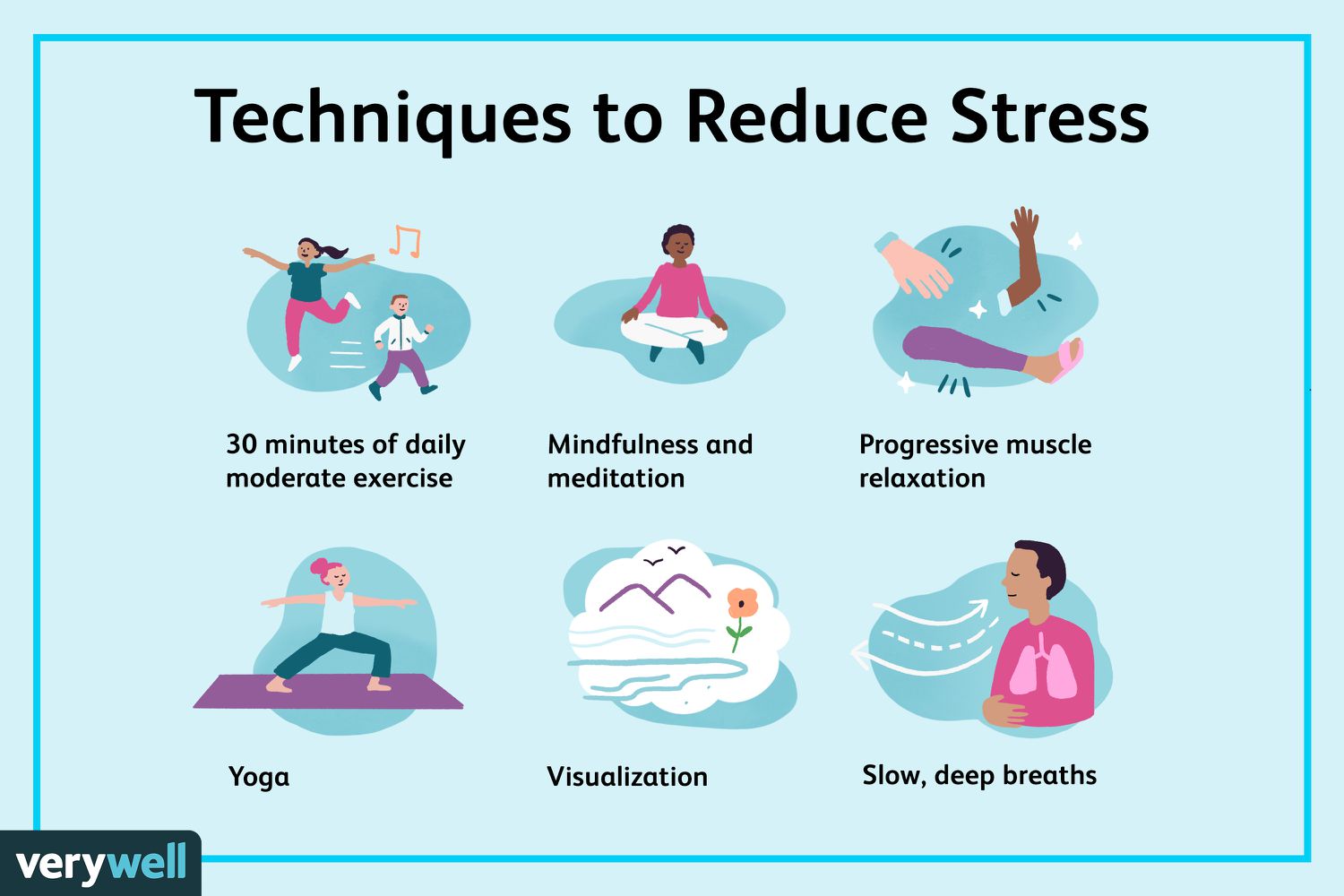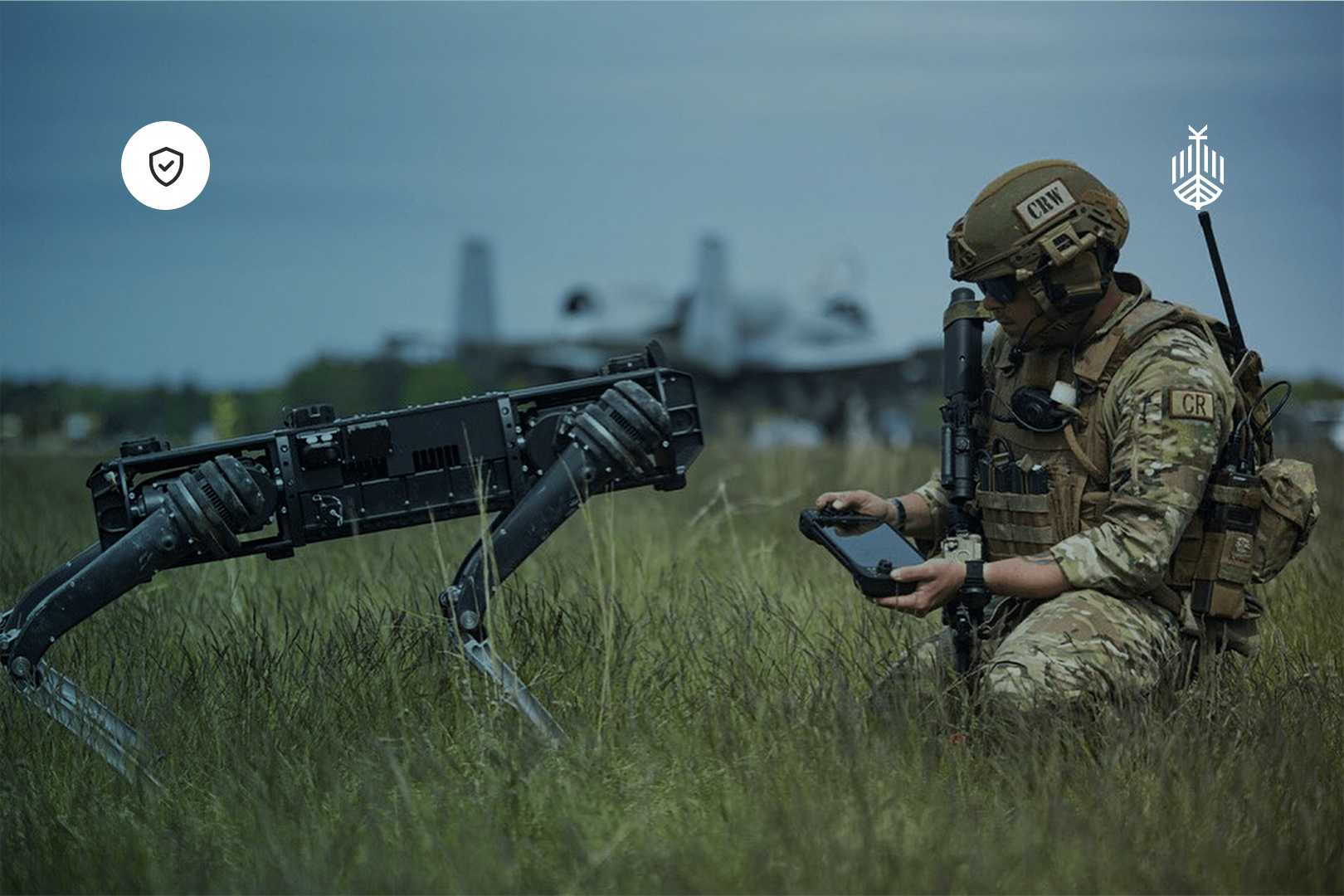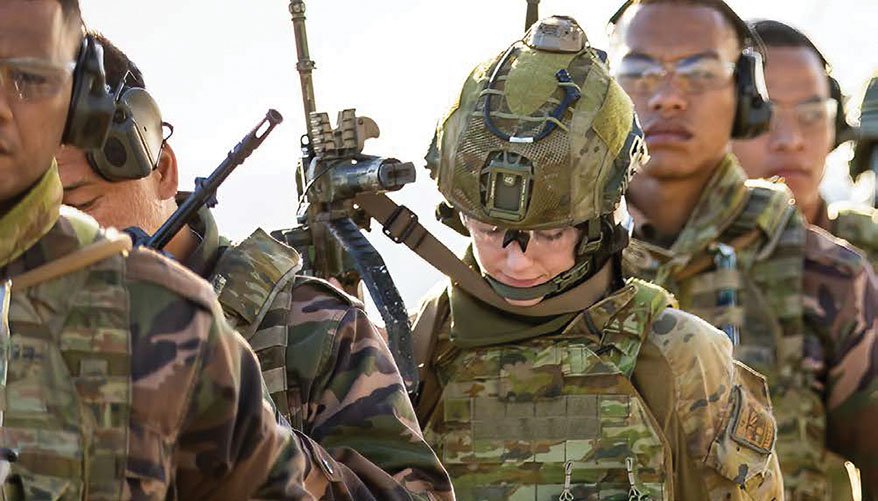The Rise of Virtual Reality: Transforming Industries and Experiences
Virtual Reality (VR) has emerged as a groundbreaking technology with the potential to revolutionize the way we experience the world around us. From immersive gaming and entertainment to transformative applications in healthcare, education, and beyond, VR is reshaping industries and unlocking new possibilities for human interaction and engagement. In this article, we explore the rise of virtual reality, its transformative impact across various sectors, and the implications of its widespread adoption on society.
Understanding Virtual Reality
Virtual Reality refers to the use of computer-generated environments that simulate physical presence and enable users to interact with virtual objects and surroundings in a realistic and immersive manner. VR technology typically involves headsets or goggles that display stereoscopic images and track head movements to create a sense of presence and immersion. By transporting users to virtual worlds and experiences, VR enables a level of immersion and engagement that is unparalleled by traditional media formats.
Applications of Virtual Reality
- Gaming and Entertainment: Gaming has been one of the primary drivers of VR adoption, with immersive experiences that transport players to virtual worlds and adventures. VR gaming enables players to interact with environments and characters in a more visceral and immersive way, enhancing immersion and engagement. Additionally, VR is being used to create immersive entertainment experiences such as virtual concerts, live events, and virtual theme park rides.
- Education and Training: VR is revolutionizing education and training by providing immersive and interactive learning experiences across various disciplines. Virtual simulations enable students to explore historical sites, conduct scientific experiments, and practice skills in realistic scenarios. VR training programs are also used in fields such as healthcare, aviation, and manufacturing to train employees in a safe and controlled environment.
- Healthcare and Therapy: In healthcare, VR is being used for a wide range of applications, including medical training, patient rehabilitation, and therapeutic interventions. Virtual simulations enable medical students to practice surgical procedures and anatomy lessons in a realistic and risk-free environment. VR therapy programs are used to treat phobias, PTSD, and anxiety disorders by exposing patients to virtual environments that help desensitize them to triggers.
- Architecture and Design: VR is transforming the architecture and design industry by enabling architects, engineers, and designers to visualize and interact with 3D models in immersive virtual environments. Virtual reality walkthroughs allow clients to experience architectural designs and interior layouts before construction begins, facilitating better communication and decision-making.
- Tourism and Travel: Virtual reality is reshaping the tourism and travel industry by offering immersive virtual tours of destinations and attractions around the world. Virtual travel experiences enable users to explore famous landmarks, museums, and natural wonders from the comfort of their homes, providing a glimpse into destinations they may not be able to visit in person.
Implications of VR Adoption
- Social Impact: VR has the potential to bridge geographical barriers and bring people together in virtual spaces, fostering new forms of social interaction and collaboration. However, concerns about the isolation and detachment caused by excessive VR use raise questions about its long-term impact on social relationships and mental well-being.
- Ethical Considerations: The immersive nature of VR experiences raises ethical concerns about the potential for addiction, exploitation, and manipulation. As VR technology becomes more advanced, ethical guidelines and regulations are needed to ensure that VR experiences are designed and used responsibly, with consideration for user safety and privacy.
- Accessibility and Inclusivity: Accessibility is a significant consideration in the design and implementation of VR experiences, as not all users may have equal access to VR technology or be able to navigate virtual environments effectively. Ensuring that VR experiences are accessible to users with disabilities and diverse needs is essential for promoting inclusivity and equal participation.
- Privacy and Data Security: VR collects a vast amount of data about user interactions, movements, and behaviors, raising concerns about privacy and data security. As VR experiences become more personalized and immersive, safeguarding user data and protecting privacy rights are critical considerations for developers, content creators, and platform providers.
Conclusion
The rise of virtual reality represents a paradigm shift in how we perceive and interact with digital content, blurring the boundaries between the physical and virtual worlds. From immersive gaming and entertainment to transformative applications in education, healthcare, and beyond, VR is reshaping industries and unlocking new possibilities for human experience and interaction. However, the widespread adoption of VR also raises important ethical, social, and technological considerations that must be addressed to ensure that VR technology benefits society as a whole. By harnessing the power of virtual reality responsibly and ethically, we can unlock its full potential to transform industries, enhance human experiences, and shape the future of technology.









